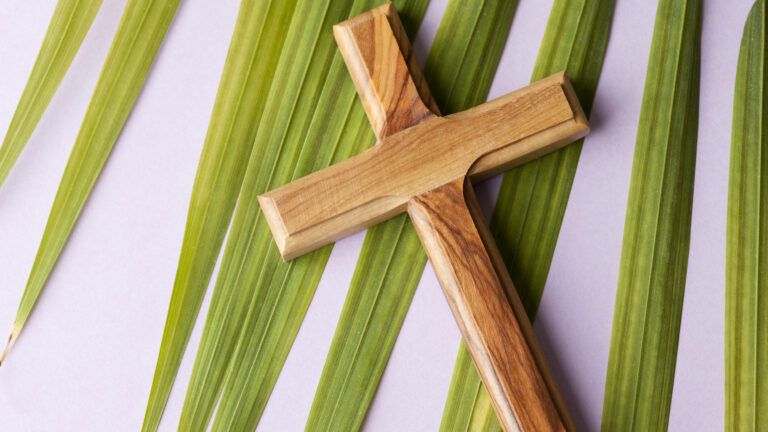The first anniversary of my dad’s death is coming up next month. I’ve spoken to a lot of friends about what they went through when they lost a parent, how the grieving doesn’t just go away after a month or two, even when the death was expected. I’m particularly grateful to a Jewish friend who explained the ritual she followed after her mother’s death.
The Kaddish is the traditional prayer of mourning in Judaism. I always assumed it was one of those weeping and wailing prayers, like the Lamentations. What other way do you pray in grief but to bemoan your terrible loss? How wrong I was.
At a time of grief, give thanks. Look to your blessings. Praise God.
The opening text of the Kaddish, inspired by Ezekiel 38:23, declares, “May his great name be blessed forever and to all eternity” and goes on for more verses of praise and thanksgiving: “Blessed be his name, whose glorious kingdom is forever.” The point is well taken.
When you’re grieving, don’t do it alone. Seek out community. Be with friends who share your faith.
My friend said this ancient prayer every day for a year, but following another tradition of her faith, she only said it in congregation. In fact, she tells me, the Kaddish is not to be read alone. That meant she got up early every morning (she’s a busy obstetrician/gynecologist) and rushed to her synagogue where the Kaddish could be said with a quorum or minyan of ten gathered.
Grieving takes time. Give it a year.
The third lesson in this prayer is that it is meant to be said for a whole year. In other eras, people wore black for a year to mark the passing of a loved one. That seems so dreary and mournful to us (not to mention a fashion challenge), but is it not worth acknowledging to yourself and others that your worldview has changed? You need a period of adjustment. Not for nothing was Joan Didion’s heartbreaking memoir about the death of her husband called The Year of Magical Thinking.
In Judaism you return to the gravesite on the first anniversary of a loved one’s death to put up the gravestone. My father is buried 2,000 miles away, so I don’t expect to make it to his gravesite. But it’s an anniversary I need to mark. The end of the Kaddish says, “May He who makes peace in his high places grant peace for us.”
I wouldn’t wish the death of a loved one on anyone, and yet loss is part of life. That urge to pick up the phone and call someone who is not there is a bond of humanity. How right that this prayer ends in the first-person plural. Peace is what we wish for all those who walk through grief. As always, feel free to share your need for prayer with us and our volunteers at OurPrayer will pray for you and with you.






